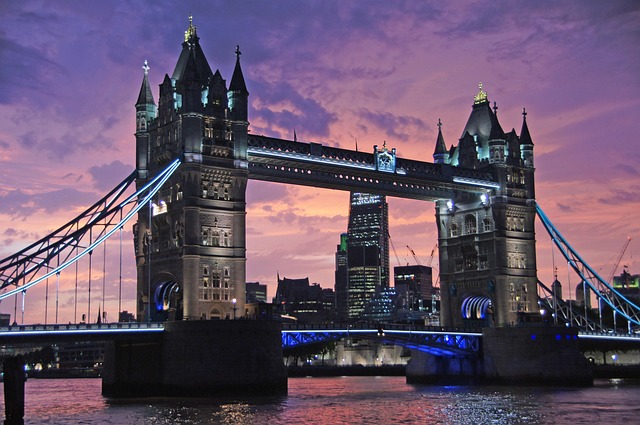 We are obsessed with the system. When something is wrong, we want to change the system. And the system in this case is the political system, and all its subsystems and ideologies.
We are obsessed with the system. When something is wrong, we want to change the system. And the system in this case is the political system, and all its subsystems and ideologies.
A few hundred years ago we had a political system called a monarchy or an aristocracy. Some monarchs treated their subjects badly, others could be generous, fair and left the population alone. And the tax was called a tithe, i.e. 10%, but was often lower than that.
Today’s political system goes by the name of democracy, which means that citizens vote on who should lead the country. Democratically elected politicians can act sanely, but they can still impose curfews, censorship and over 40% taxes, in good democratic order.
Repressive policies are not made better by being hatched in a democratic system. Whereas good policy is always good, whether initiated by a dictator or not. Laws has no smell.
Perhaps faith in the system itself is overrated?
We are so extremely focused on the form that we forget the content. It is the ethics, morals and will of politicians that matter. Not the decision-making channels and the bureaucracy around them.
We’d rather talk about political parties, and how many ministries or MPs we should have, or whether politicians should be allowed to ride taxis at the taxpayers’ expense. And there are constant surveys about which countries are the most democratic, and Sweden always comes out on top, despite the fact that their leaders waste more than half of the citizens’ wages on nonsense. Canada and New Zealand also get top positions despite their extremely excessive Covid restrictions and civil rights overreach.
Well, we pay a lot in taxes, but we get so much back in the form of health care, schools and benefits. True, but private health insurance doesn’t cost 40% of your salary, even if you add in tuition costs for your children. And frankly, what is public school education worth? We note that government provision is often expensive and inefficient. While the core business of the government – of safety, security and order in the streets and squares – seems to have been abandoned altogether.
Perhaps faith in the system has made us lazy. After all, the system was once invented as the optimum process for fairly selecting politicians. But the system does not really guarantee content. The system exists to regulate political life, but it does not guarantee a specific outcome.
When we vote, we do so casually, believing that the system itself protects us from idiocy and disgust. But look how wrong we were.
Confidence in the system is also a remnant of the machine age, when everything would be fabricated and automated, including politics. We saw ourselves as pawns in a larger process, and the human factor was to be avoided as much as possible.
Perhaps we abolished ourselves, and common sense? And let the flows and the methodology take over. Difficult for the common man to comprehend, but not immune to lobbyists, activists and stuffed envelopes.
Maybe it will be better next time? As long as we vote for a different party. A new grouping, with a different methodology and a different programme. Maybe they can turn the bureaucratic mill in a different direction?
The bottom line is that of course we need a system; human activities sometimes have to be ordered and sorted, but we cannot have such an overconfidence in the process itself that we forget the essence. Bad laws cannot be legitimised just because they have been voted on in a good democratic way. Such a system is populated by corrupt individuals. And it does not matter that they are protected by sacred principles and majority decisions. What is rotten cannot be saved.







